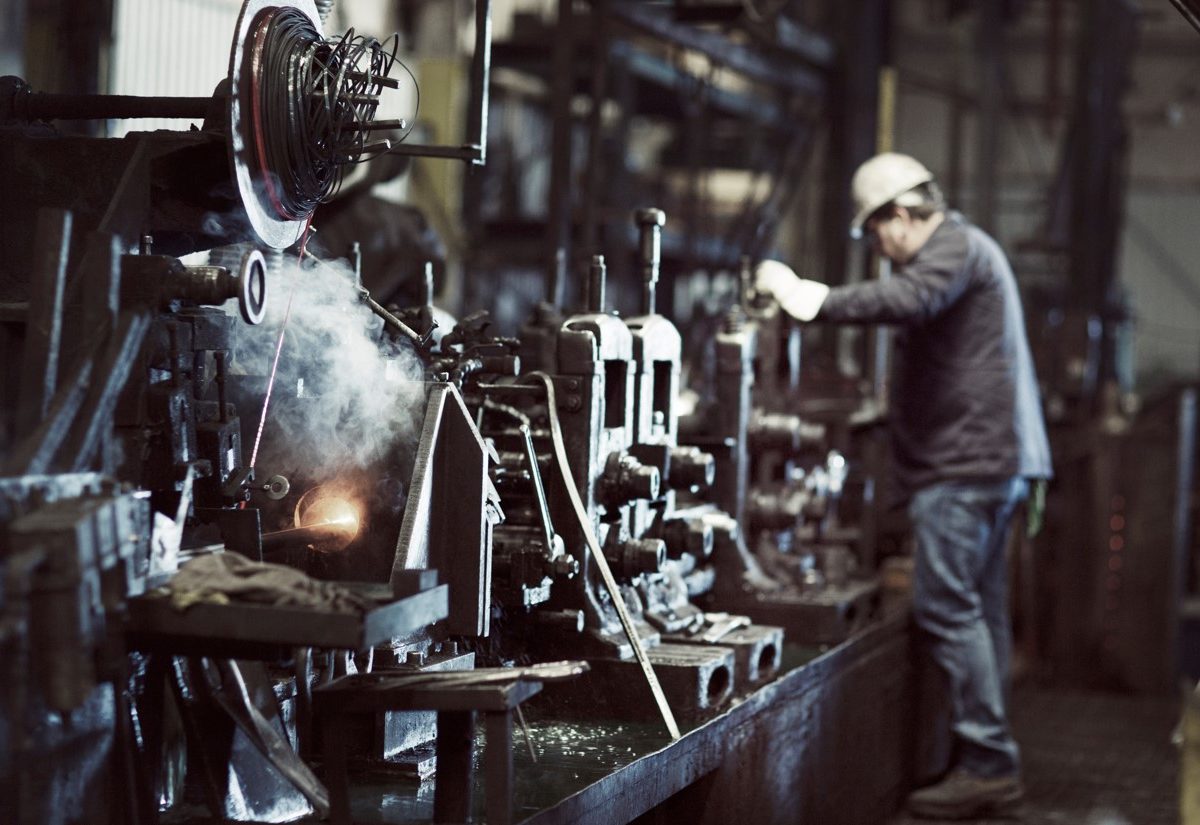Safety is important everywhere, but especially in an industrial plant. No matter what your plant may be manufacturing, failing to take proper safety precautions can lead to a catastrophic event that results in injuries, deaths, and lawsuits. Rather than face this scenario, you can instead take various steps to keep your plant safe and up to code. To do so, here are some measures you should implement right away.
Use of Proper Safety Equipment
First, always make sure your workers and anyone who may be in various manufacturing areas of your plant wear proper safety equipment. This can include hard hats, goggles, gloves, or other equipment deemed necessary. Also, loose clothing and jewelry should be prohibited, and long hair should also be tied back to avoid coming into contact with machinery.
Manufacturing companies can ensure employees use proper safety equipment by implementing strict employee training programs that focus on the importance of using appropriate protective gear. This may involve requiring workers to wear specific types or brands of safety equipment, and providing regular reminders about the importance of following established protocols for workplace safety. Additionally, manufacturing companies may need to invest in newer machines that have additional safety systems in use.
Fire Safety Systems
An industrial plant should also have in place a variety of fire safety systems. The most obvious are fire extinguishers, which should be easily accessible in various locations throughout the plant and be inspected regularly to ensure they are in proper working order. To keep this gear in a safe and working order, using casings like type 4 enclosures can help. You should also invest in a sprinkler system if applicable, and have clearly-marked fire exits, and fire alarms that are easy to use.
To ensure that fire safety systems are as good as possible, manufacturers and plant managers must pay close attention to all aspects of these systems. This includes reviewing the design and layout of the facility, identifying potential hazards and risks, and working to mitigate these risks through the use of fire suppression equipment, sprinkler systems, alarms, and other measures. You may even need to work with a safety inspector to ensure everything is properly done.
Employ a Safety Officer
To make sure your industrial plant does not unknowingly violate OSHA or other regulatory agency requirements, your plant should employ a safety officer who can conduct regular risk assessments of your facility. Possessing specialized training, safety officers can quickly spot potentially dangerous situations and make recommendations on how to bring an area up to code. Whether you need Type 4 enclosures or maybe different types of fire extinguishers, your safety officer can make your plant much safer for everyone.
A dedicated safety officer that works for your company instead of one that works for the state is ideal for minimizing legal issues. For example, instead of providing a report to you once a year with fines for any regulations you may not be hitting as a company, a dedicated safety officer can provide you reports on a monthly basis with recommendations and solutions. Additionally, they can make sure everything is in place when you do have the annual inspections.
Fix Lighting
Finally, all areas of your plant should be kept as clean and well-lit as possible. This is especially important in areas where manufacturing operations take place since workers must be able to easily see how to operate machinery and perform other tasks.
To ensure that all areas of your industrial plant are well-lit and clean, you may need to invest in new lighting systems. This could involve installing new light fixtures or upgrading existing ones, or even replacing any bulbs that are not working properly. Some good options for improving lighting in your facility include using LED lights, which offer plenty of light and at a lower cost than many older lighting options.
Remove Clutter
Clutter can cause a lot of issues when it comes to the safety of your employees. This is especially the case if you have work desks in your space. Depending on the type of machinery or type of work that your employees are doing, personal belongings or knick-knacks may make the environment unsafe. In this situation, it may be ideal to provide a locker room for your employees to store their personal items such as jackets or lunch. By helping your employees understand the importance of keeping items out of the work area for safety reasons, the less likely you’ll have issues related to that.
If you have a warehouse at your facility, keep it free of as much clutter as possible. Keeping everything organized and properly inventoried, you’ll not only save money by saving time for employees to find items for fulfilling orders, you’ll also be improving the safety of employees in that space. If machinery such as forklifts are needed for your warehouse, ensure that only trained and certified personnel use that machinery. Otherwise, you may not only be violating certain OSHA rules but also setting yourself up for a potential lawsuit if one or more of your workers are injured.
By following these recommendations and doing other things such as conducting regular safety training, making sure your workers have the proper tools needed to perform their jobs and having regular evacuation drills, your industrial plant can always be safe and meet all safety code requirements.

